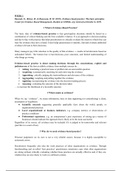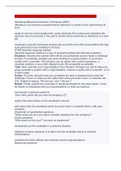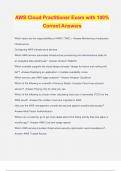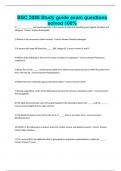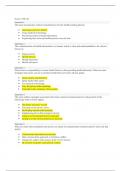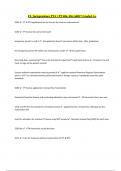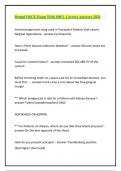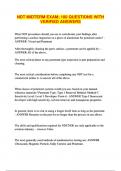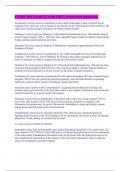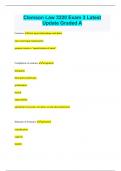Samenvatting
Summary ALL articles for Evidence-Based Management 2021
This summary includes all reading material (articles of week 1 - week 4) for the course Evidence-Based Management. Week 1: Barends, E., Briner, R., & Rousseau, D. M. (2015). Evidence based practice: The basic principles. Center for Evidence Based Management. Booklet at CEBMa. org retrieved at...
[Meer zien]
